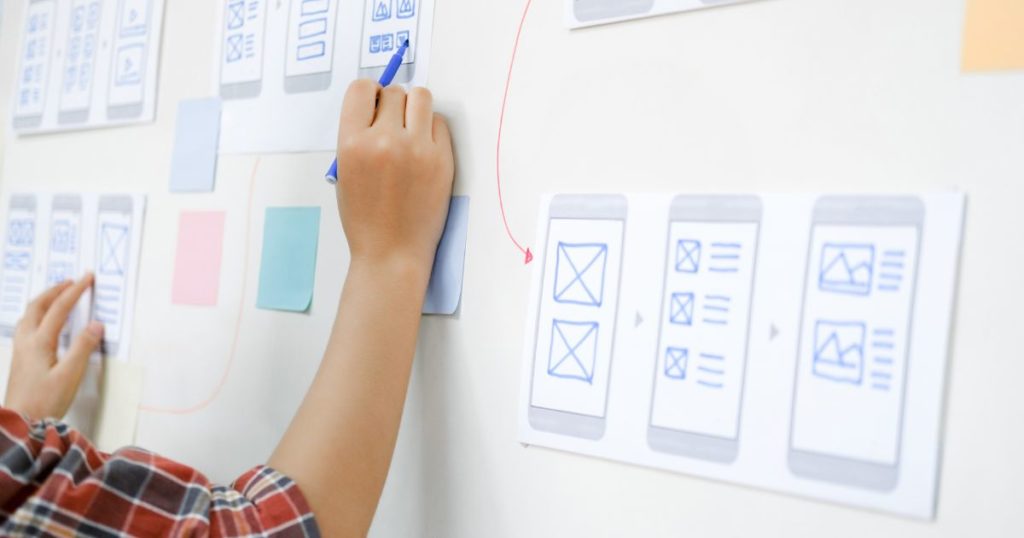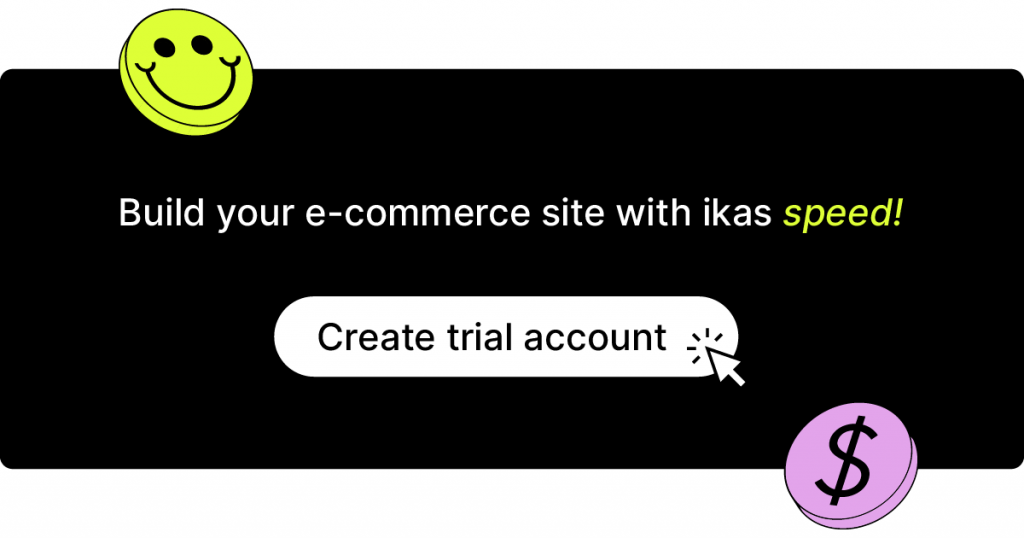Summarize the blog with Artificial Intelligence (AI):
The COVID-19 pandemic had interesting effects on the e-commerce space.
As most people were unable, or unwilling to leave their homes, they had to rely on e-commerce in order to access the products or services they needed. As a result, increased traffic pushed e-commerce stores and tech companies to innovate.
Now, in order to keep up with the new surge of online shoppers, headless software technology started to merge with e-commerce. Resulting in the creation of headless commerce. A new technology that can help you increase your sales, reduce your costs and acquire more customers.
Still, even though headless commerce is one of the most discussed topics in the e-commerce space, it is seldom understood.
In order to make this complicated topic more understandable, we will explain the meaning, basic functions, and benefits of headless commerce technology in this article.
Related Article: What is D2C Business Model?

Highlights
- Headless is a software architecture system where the frontend and backend components are separated.
- Headless software architecture allows agile development.
- Headless commerce platforms offer faster storefronts.
- You can create personalized storefronts with headless commerce.
1. What Is Headless Commerce?
Headless is a term used in software architecture to define a program or application where the frontend and backend components of the software are independent from each other.

We can view software as a stack of components. The part at the top is the user interface, this part is called the frontend. The rest of the stack hosts the elements that make the software work, such as data models, operating syntax, and business logic. This part is called the backend.
In traditional e-commerce platforms, the frontend and backend components of a website are fused together. So it is impossible to change the frontend or backend of the software without affecting the other parts.
But with headless commerce platforms, it is possible to change and update both the frontend and backend without disrupting the other part.
This enables you to combine multiple technologies and adopt agile development procedures.
2. What Are The Benefits Of Headless Commerce?
Headless commerce platforms can provide your e-commerce company with many benefits regardless of size.
For larger businesses, the ability to de-couple the front and backends of a software application allows both teams to work independently. This way designers and frontend engineers can change the user experience or the theme of the website without requiring help from backend developers.
For smaller businesses, the benefits mainly lay in using a headless commerce platform. These e-commerce platforms are usually easier to manage. This, in turn, allows small business owners to create an e-commerce store and customize it however they want.
We have listed some benefits below:
Easier to adopt: Separating the backend from the frontend allows your employees, or you to make changes to the UX/UI without requiring any changes in the backend. With the use of a headless commerce platform, your teams can work independently.
Much faster to update: Traditional e-commerce websites built with monolithic structures usually take minutes, or even hours to reflect all the changes made to the frontend. In websites built with headless platforms, these changes can be reflected almost instantly. Allowing your customers to access new content without waiting.
Takes less time: Headless commerce allows the frontend to be changed and updated in a very fast manner. So developers need to spend less time on user interface changes.

3. Why Should You Care About Headless Commerce?
Years ago, most people accessed e-commerce websites through their desktop computers. The usage of mobile devices was still rare. E-commerce platforms built their software in a monolithic fashion, where the frontend and the backend of the platform were heavily bundled together. Design options were limited, and user expectations were low.

Now, most users access e-commerce stores with their mobile devices. So e-commerce platforms must allow customers to shop from any device they want, in a seamless fashion. Expectations regarding design and speed are also sky-high. E-Commerce businesses need to have a flawless user experience, with great design, which works on all the devices a customer might use.
Headless commerce platforms are an answer to these needs. And in the future, we will see major e-commerce stores switching to a headless commerce model.
If you are a small business owner who wants to try headless commerce to grow their business, then you should check out ikas, the new generation e-commerce platform.
Related Articles:
